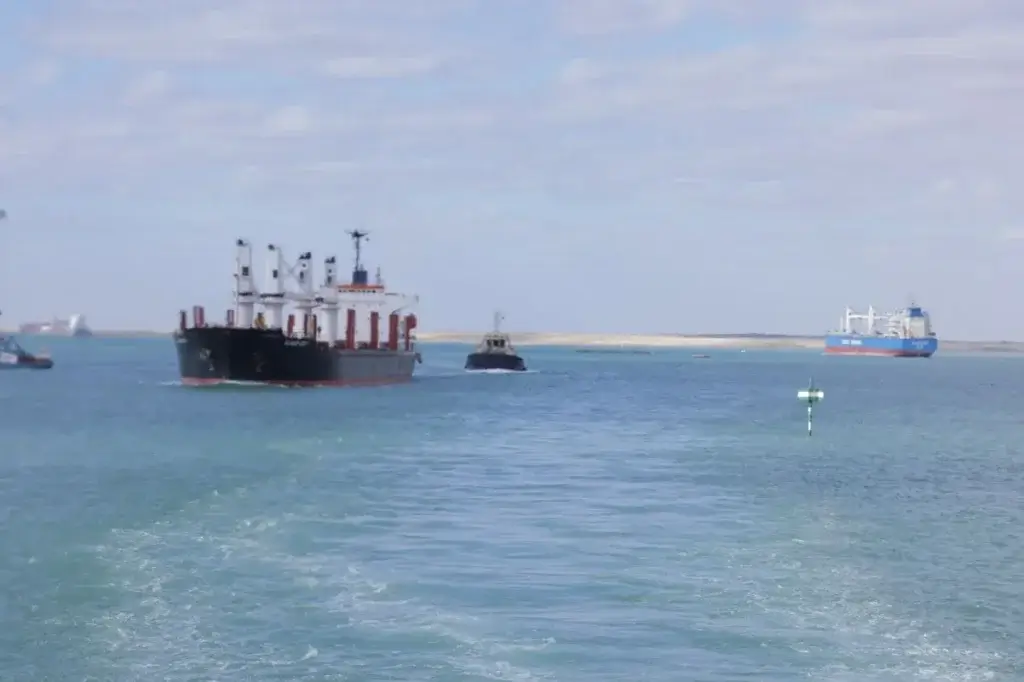Shipping giants Maersk and Hapag-Lloyd have confirmed that their newly-formed “Gemini Cooperation” alliance will bypass the Red Sea and instead use the Cape of Good Hope for its operations, starting from February 1, 2025.
This decision, announced in a joint statement, is driven by ongoing safety concerns in the Red Sea, which has been plagued by attacks on ships by the Iranian-backed Houthi rebels since 2023.
The Gemini alliance, named after the Latin and English word for “twins,” aims to enhance schedule reliability to over 90%.
The original network options, outlined in September 2024, included a resumption of the Red Sea route or a diversion via the longer Cape of Good Hope. Following further evaluation, the companies decided to implement the Cape route as the Red Sea situation remains volatile.
Both liners have stated that they will revert to the Red Sea route once it is safe to do so.
The “Gemini Cooperation” will require approximately 340 vessels, compared to the 300 ships that would have been used had the companies resumed operations through the Red Sea. The longer route also demands more container capacity, with around 3.7 million TEU (twenty-foot equivalent units) required for the Cape network, versus 3.4 million TEU for the Red Sea route.
Both Maersk and Hapag-Lloyd have avoided the Red Sea since January 2024, as the companies adjusted their routes due to the increasing threat of attacks in the region, a situation that has continued to escalate.









